- Countries around the world must strive to diversify their domestic energy mix in the long run
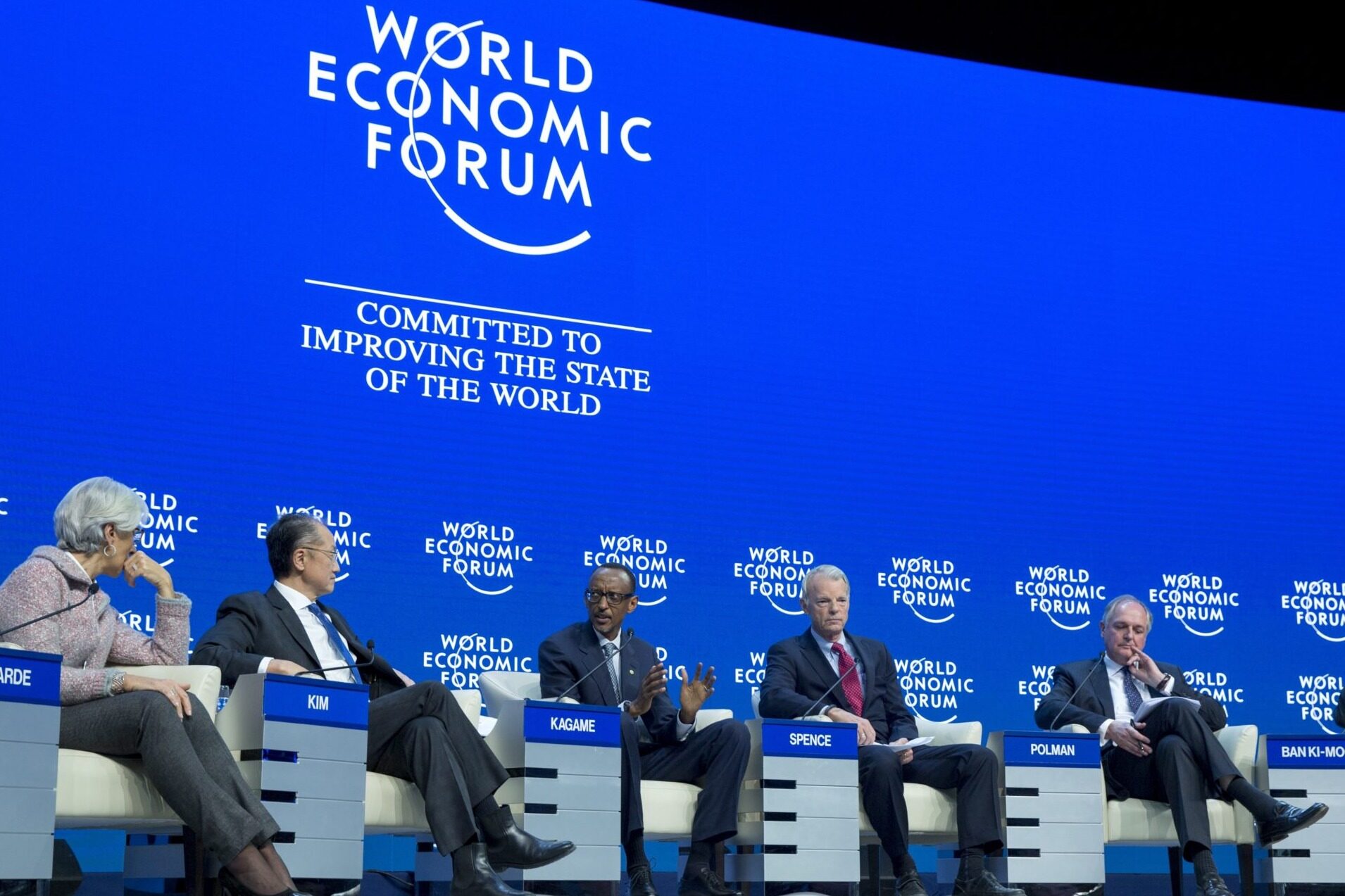
As the world faces its worst energy crisis since the 1970s, urgent action is needed from the private and public sectors to ensure a resilient energy transition, the World Economic Forum said. High fuel prices, commodity shortages, insufficient progress towards climate change goals and slow progress on energy equity and access have added to the urgency for countries to accelerate their overall energy transition, according to a report released by the Switzerland-based group.
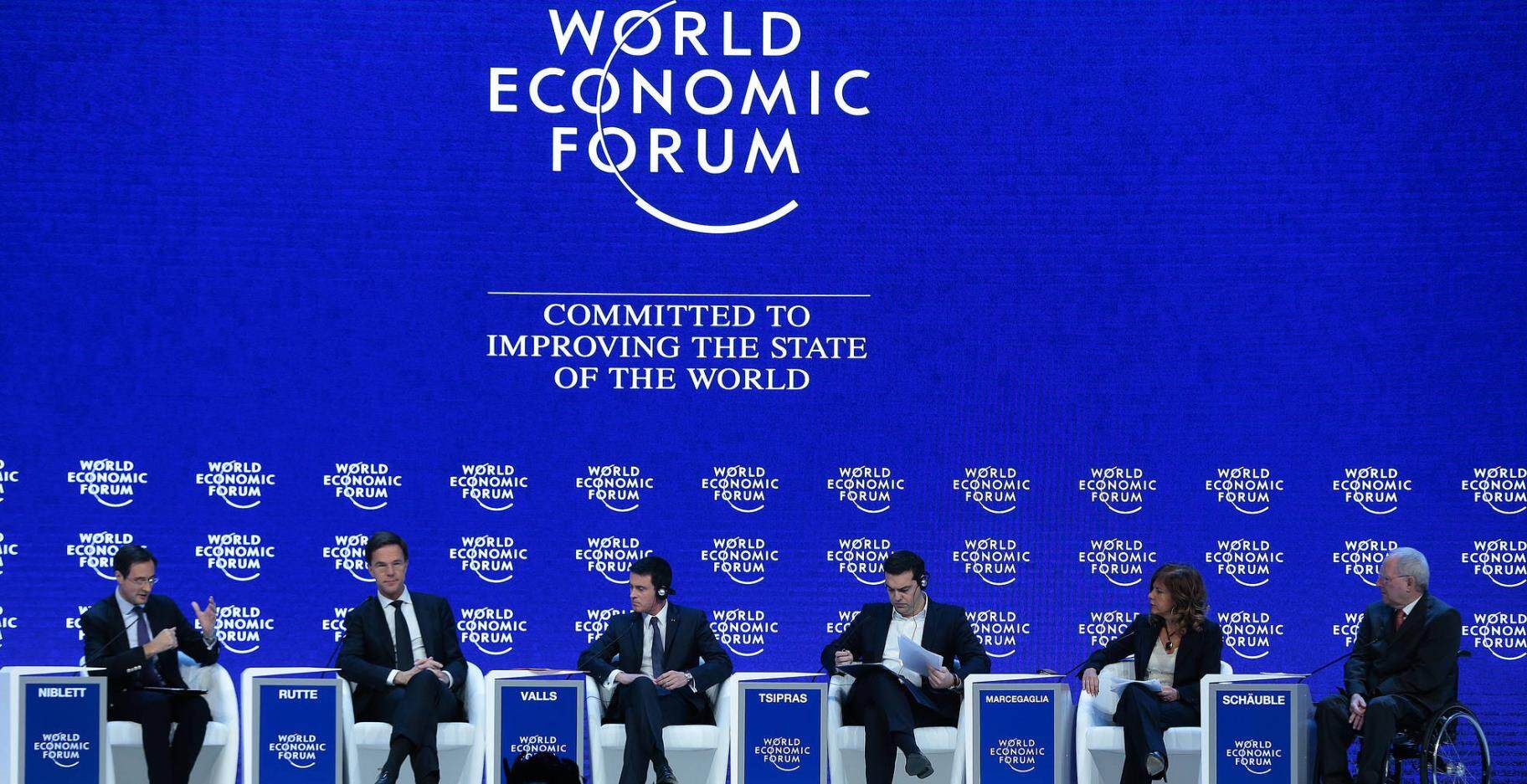
Roberto Boca, head of energy, materials and infrastructure at the World Economic Forum, said: “At a time when the window to prevent the worst consequences of climate change is closing rapidly, countries face the risk of future energy supply chain disruptions. Although in the short term Difficult decisions need to be made to reconcile the imperatives of energy security, sustainability and affordability, but now is the time to double down."
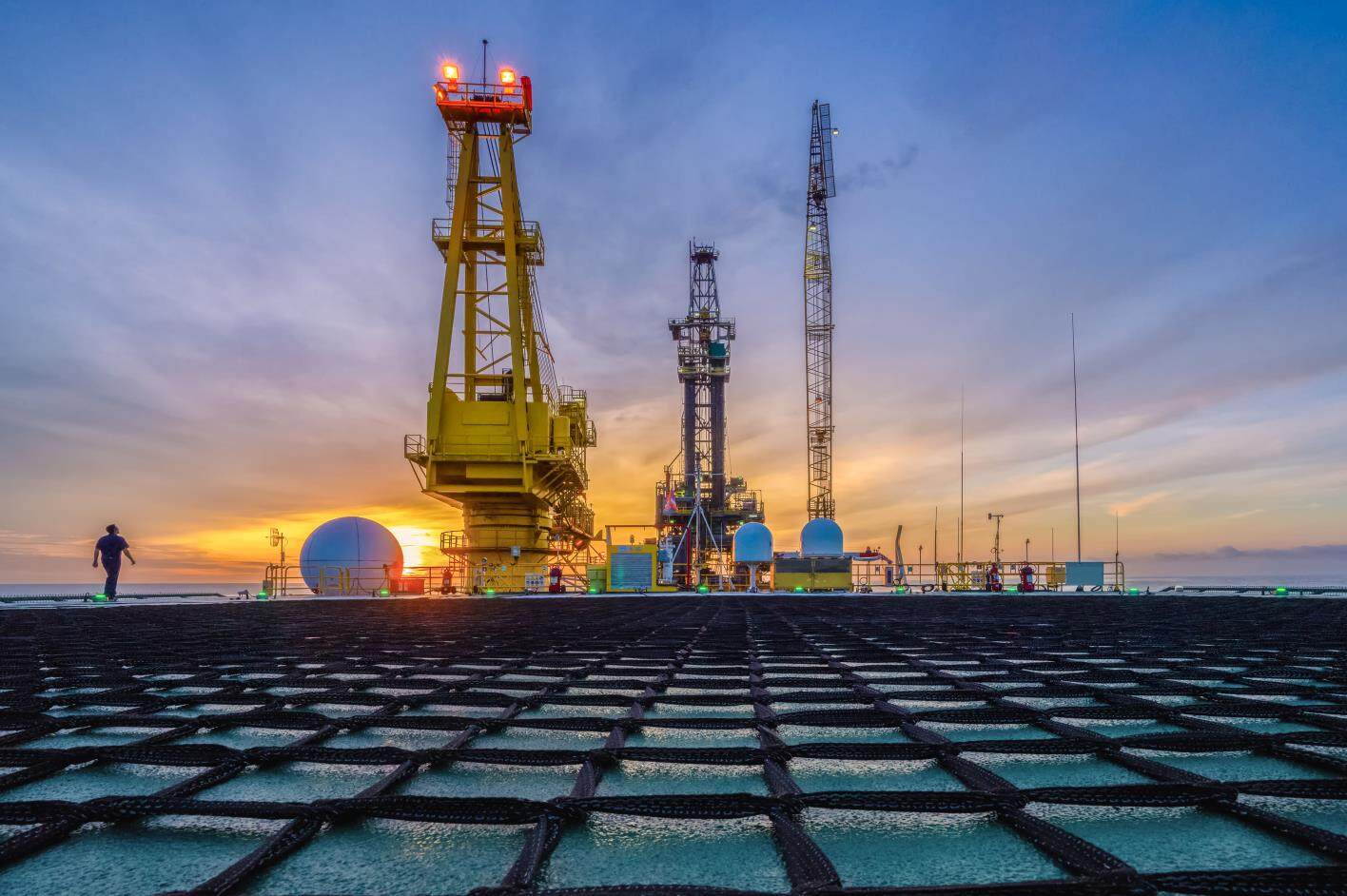
The International Energy Agency said new capacity for electricity generation from renewables is expected to hit another record in 2022 as governments around the world seek to secure renewable energy and its climate benefits. Globally, new renewable generation capacity will grow 6% to a record 295 gigawatts in 2021, the Paris-based agency said in its Renewables Markets report, shrugging off rising raw material costs, the pandemic resulting construction delays and global supply chain challenges.
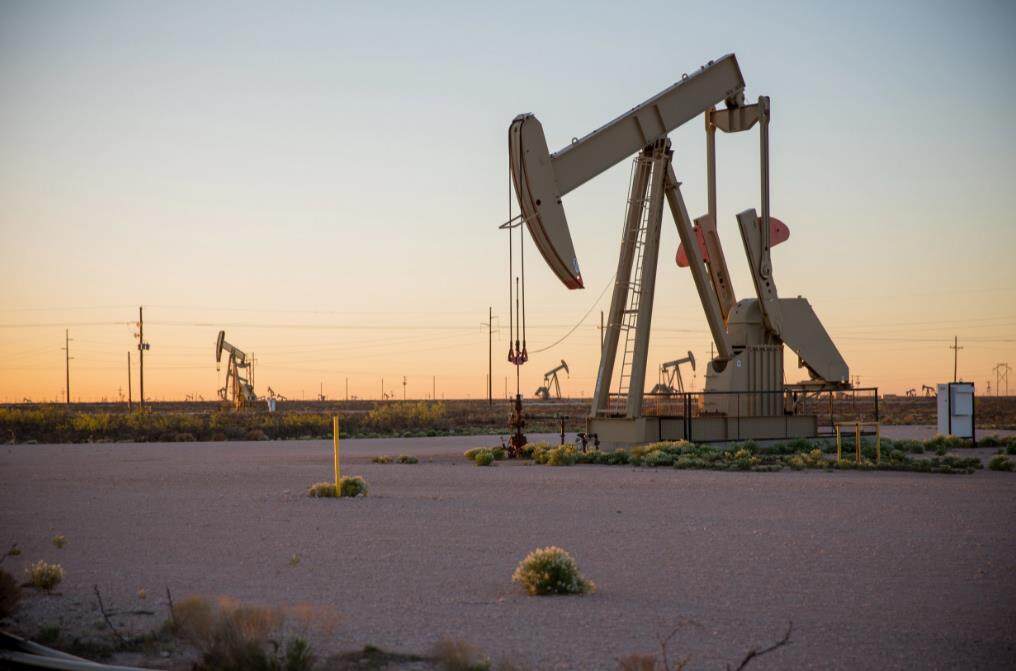
In 2022, the IEA expects a further 8% increase in global capacity additions to 320 GW, which would meet almost all of Germany's electricity needs, or match the EU's total gas-fired power generation. The World Economic Forum report emphasizes that diversification of the energy mix is essential to cope with the volatility of the energy market. Most countries rely on a small number of trading partners to meet their energy needs, but have insufficient energy diversification and limited flexibility to deal with disruptions.
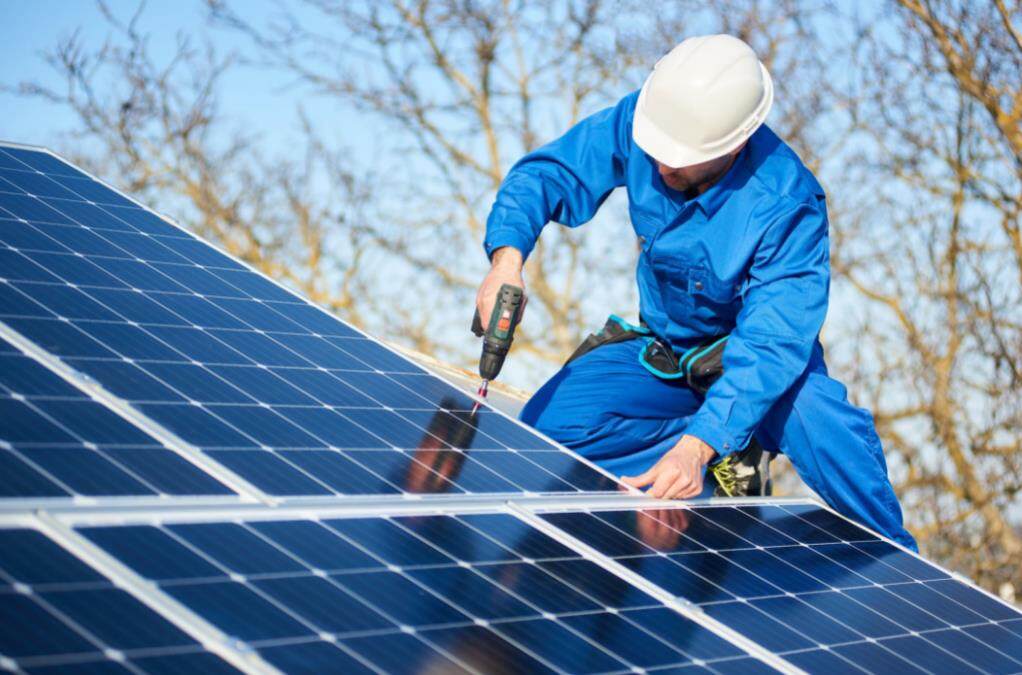
The report found that 11 of the 34 advanced economies rely on just three trading partners for more than 70 percent of their fuel imports. To accelerate transition to clean energy supply and demand, more countries need to make binding climate commitments, develop long-term visions for domestic and regional energy systems, attract private sector investors to decarbonization projects, and help consumers and workforce adjust, says Pass.
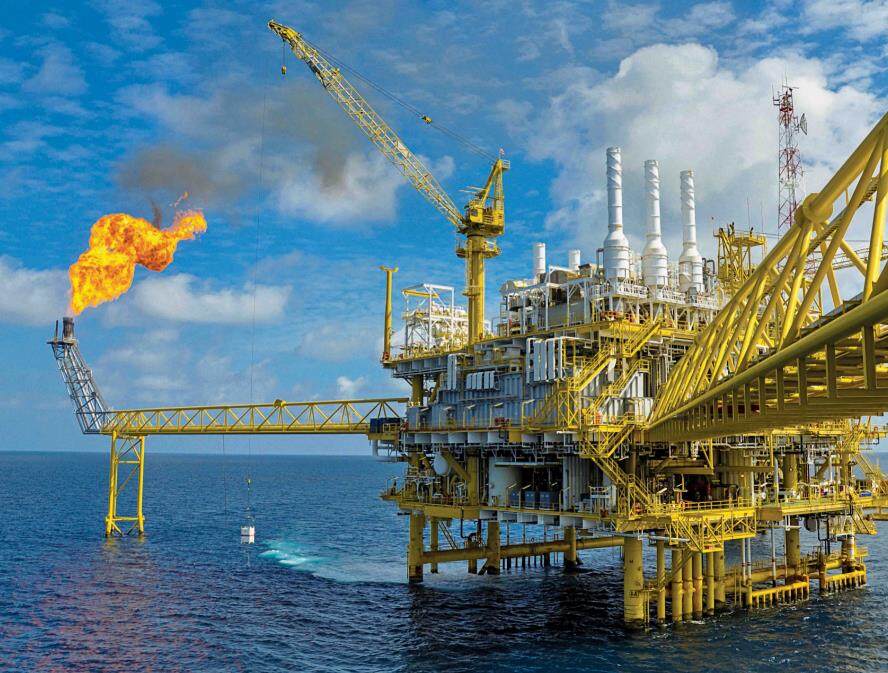
Structural barriers to energy security include post-pandemic surges in energy demand, fuel supply bottlenecks, inflationary pressures, and the compound shock to the energy system from reconfigured energy supply chains, the study shows. "The current energy crisis has revealed the importance of energy to people and economies," said Espen Mechelum, project leader of the WEF Benchmark Energy, Materials and Infrastructure program. Success will largely depend on policy and investment. Prioritizing energy efficiency and increasing investment in clean energy infrastructure, renewable energy, clean hydrogen and new nuclear capacity can enhance the resilience of the energy system and will be a win-win in terms of emissions reductions. "
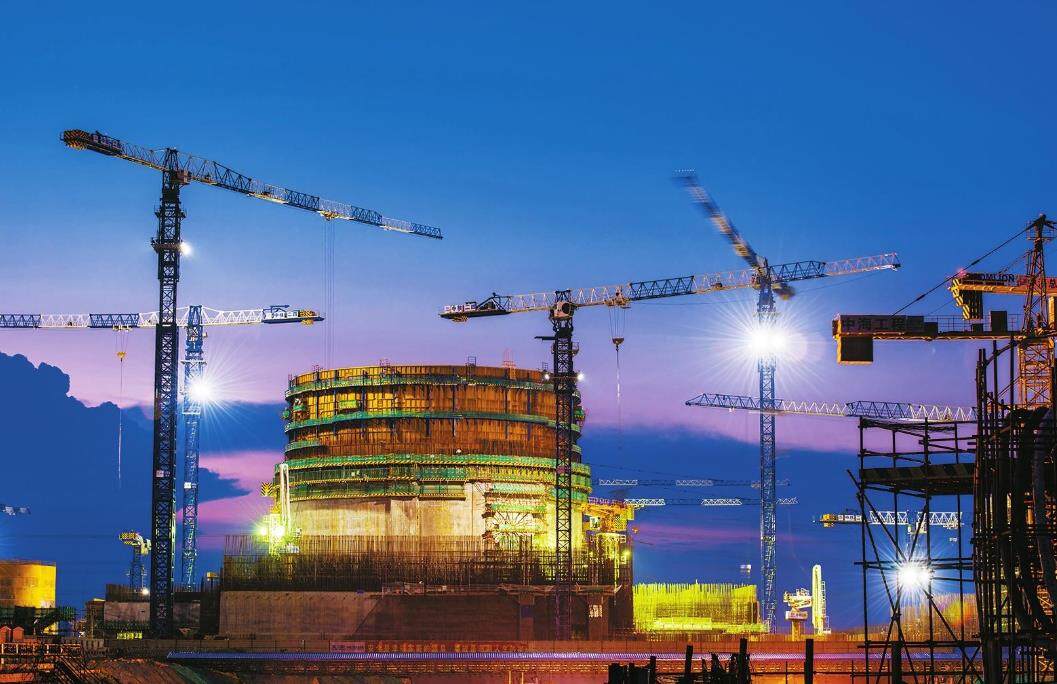
The World Economic Forum said there was also a need to protect consumers and ensure access to affordable energy. Muqsit Ashraf, senior managing director and head of Accenture's global energy practice, said: "Governments need to invest in decarbonizing the energy system while ensuring affordable energy supplies, and businesses should seek to adopt low-carbon technologies and energy-efficient processes." Keywords: conference Forum, Overseas News
Catherine O'Reilly, global head of strategy at Accenture, said companies must help prevent rising costs of living, including those in transportation, utilities and electricity. Vulnerable groups, in particular, who feel the effects of volatility in energy prices and their impact on other essential goods and services most, must be a strategic priority for the transition to value-equitable and impact-scalable sustainability,”Editor/XingWentao
Comment
 Praise
Praise
 Collect
Collect
 Comment
Comment
 Search
Search




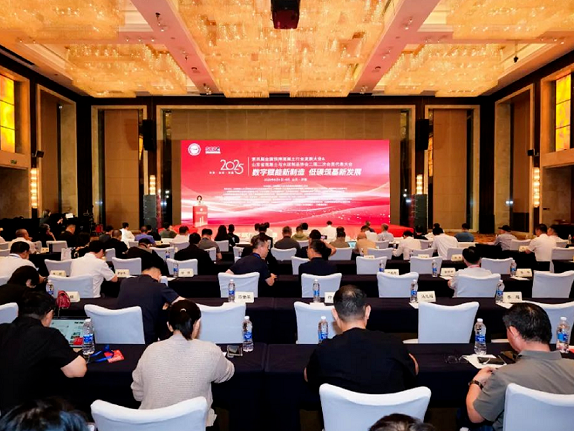
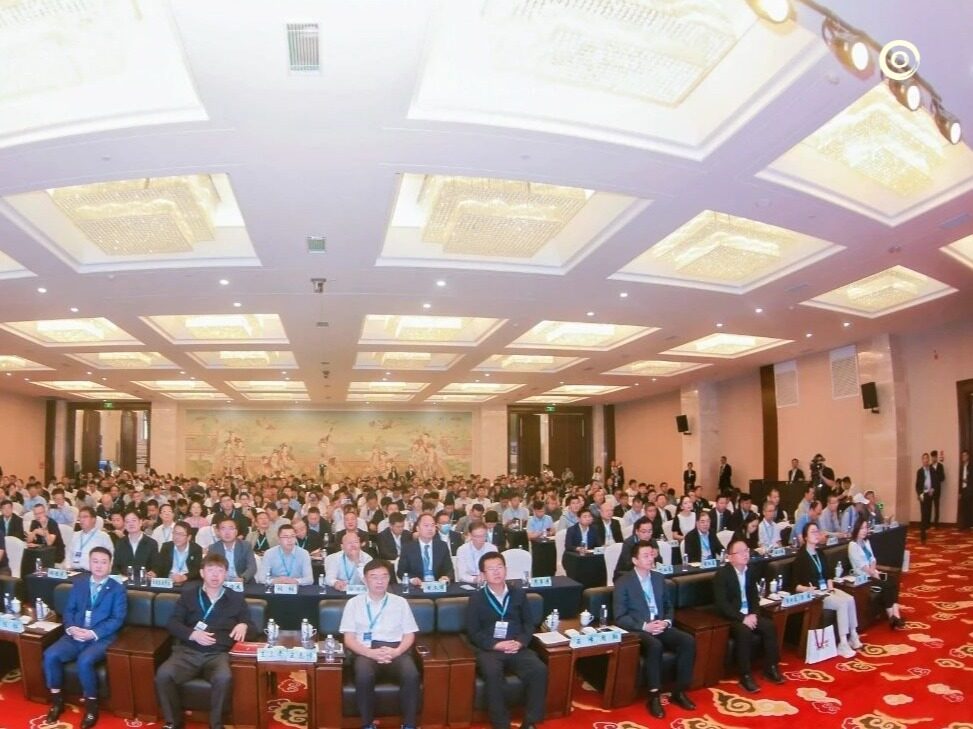
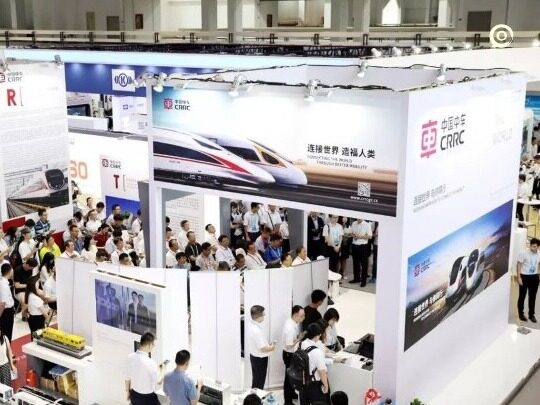
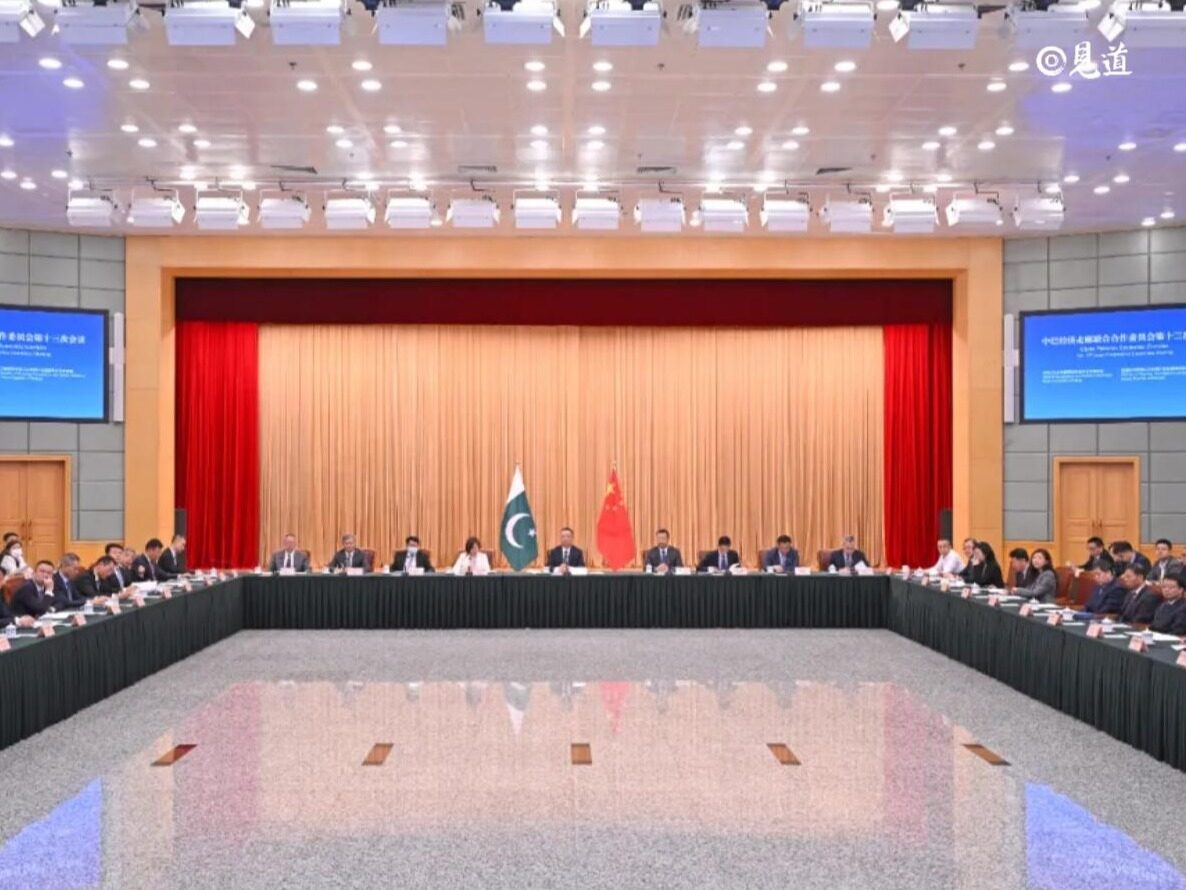






Write something~